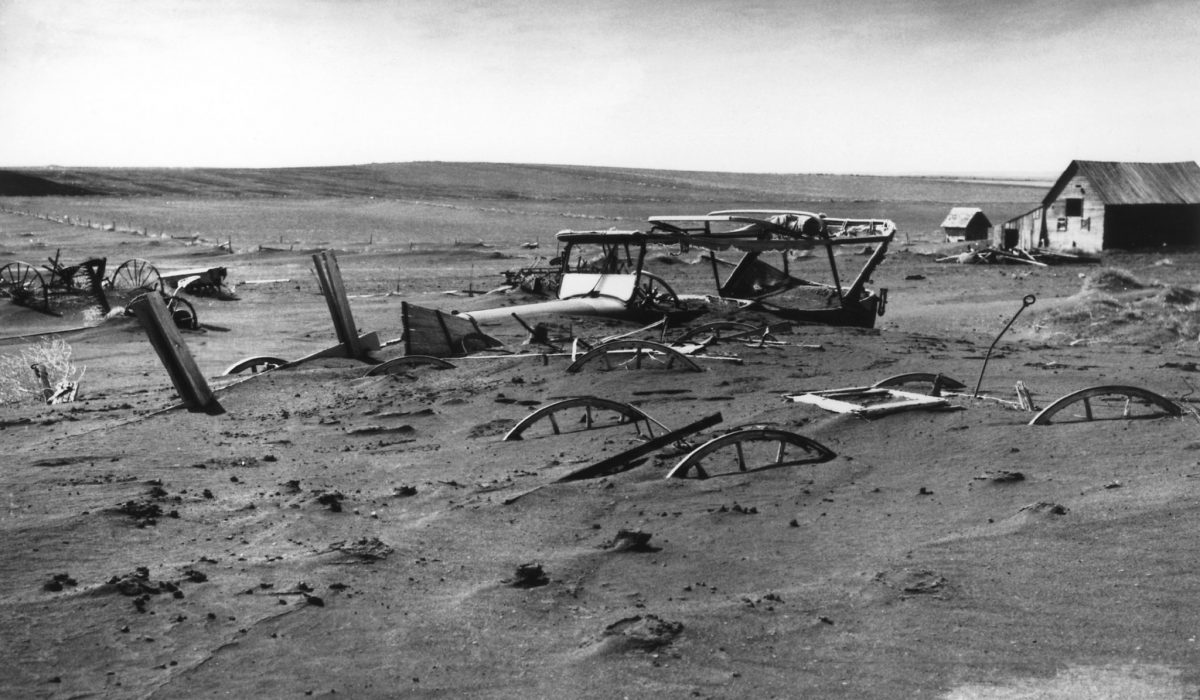I. Introduction
Pork belly is a popular cut of meat enjoyed by many cultures around the world. However, as concerns about the environmental impact of meat consumption grow, many are asking whether eating pork belly is contributing to air pollution and the production of fine dust. In this article, we will examine the evidence on this issue, including the health hazards of fine dust from pork belly, and explore ways to reduce the environmental impact of meat consumption.
II. What Is Pork Belly?
Pork belly is a fatty cut of meat taken from the underside of the pig. It is often used in recipes that require slow cooking, such as braising or roasting, and is a popular ingredient in many traditional dishes, such as Korean samgyeopsal or Chinese siu yuk. Due to its high fat content, pork belly is often considered a delicacy and is enjoyed by many meat lovers.
III. Environmental Impact of Livestock Farming Livestock
farming is a significant contributor to air pollution and the production of fine dust. According to a report by the Food and Agriculture Organization of the United Nations, the livestock sector is responsible for 14.5% of all human-induced greenhouse gas emissions. This is due to a combination of factors, including animal waste, feed production, and transportation. In addition, the intensive farming methods used to produce meat can lead to soil degradation, deforestation, and water pollution.
IV. Does Pork Belly Contribute to Fine Dust?
There is evidence to suggest that pork belly may be particularly problematic in terms of air pollution and the production of fine dust. One reason for this is its high fat content. When meat is cooked at high temperatures, the fat can be vaporized, producing a type of fine dust known as PM2.5. This is a particularly dangerous form of air pollution, as the small particles can penetrate deep into the lungs and bloodstream, causing a range of health problems.
V. Health Hazards of Fine Dust from Pork Belly
Exposure to fine dust from pork belly can have serious health implications, including respiratory problems, cardiovascular disease, and even cancer. In addition, children, the elderly, and people with pre-existing health conditions are particularly vulnerable to the effects of air pollution. Given these health hazards, it is important to take steps to reduce the environmental impact of meat consumption.
VI. Reducing Environmental Impact of Meat Consumption
There are several ways to reduce the environmental impact of meat consumption, including:
- Reducing meat consumption: One of the most effective ways to reduce the environmental impact of meat consumption is to eat less meat. This can be done by adopting a plant-based diet, reducing portion sizes, and choosing meat from sustainable sources.
- Choosing sustainable meat: When choosing meat, look for products that are certified by organizations such as the Rainforest Alliance or Global Animal Partnership. These products are produced using more sustainable methods that minimize the environmental impact of meat production.
- Cooking meat at lower temperatures: Cooking meat at lower temperatures can reduce the production of fine dust, as well as other harmful pollutants such as polycyclic aromatic hydrocarbons (PAHs).
- Using proper ventilation: Proper ventilation can help to reduce the buildup of fine dust and other pollutants in the air. This can be achieved by using an exhaust hood or fan, or by opening windows and doors to increase airflow.
VII. Conclusion
In conclusion, the production and consumption of pork belly and other meats can have a significant impact on air pollution and the production of fine dust. By taking steps to reduce our meat consumption, choosing more sustainable meat products, cooking at lower temperatures, and using proper ventilation, we can reduce our impact on the environment and improve our health. With these actions, we can make a positive impact on the environment and our own well-being.



